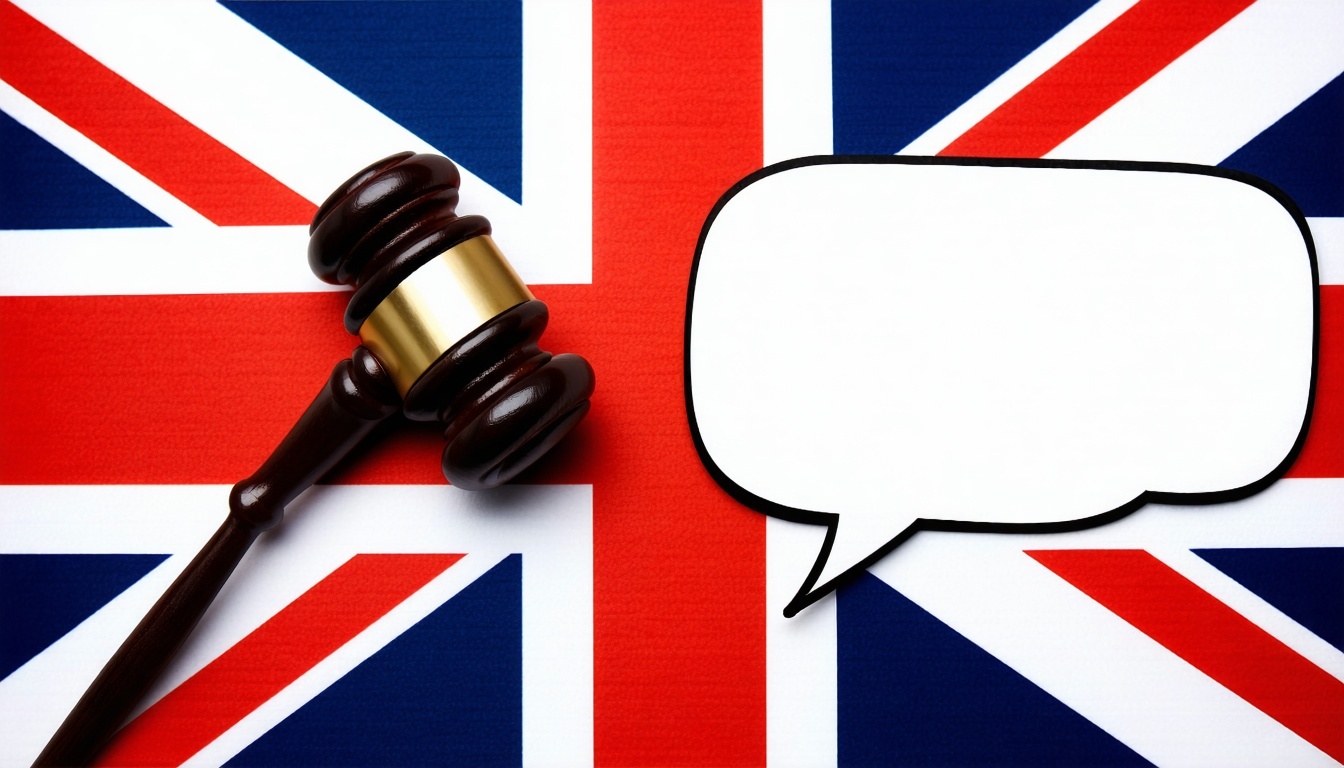
Understanding Political Speech Restrictions in the UK

Exploring the nuances and implications of political speech restrictions in the United Kingdom.
Historical Context: The Evolution of Political Speech in the UK
The United Kingdom has a long history of political speech and its regulation, shaped by various social, political, and legal transformations. From the Magna Carta to the modern Human Rights Act, the UK has continually evolved its stance on free speech.
Traditionally, political speech in the UK was heavily influenced by the ruling monarchy and the state church, both of which exerted significant control over what could be expressed publicly. This began to change with the emergence of parliamentary democracy and the gradual expansion of civil liberties.
Key Legal Frameworks Governing Political Speech
In the UK, political speech is primarily governed by several key pieces of legislation. The Human Rights Act 1998, which incorporates the European Convention on Human Rights into UK law, is fundamental in protecting freedom of expression.
Other significant laws include the Public Order Act 1986, which addresses hate speech and incitement to violence, and the Defamation Act 2013, which balances freedom of expression with the protection of reputation. These frameworks collectively aim to ensure that political discourse remains robust yet respectful.
High-Profile Cases and Their Impact on Public Discourse
High-profile legal cases have often brought the issue of political speech restrictions into the public spotlight. Cases such as the prosecution of MPs for expenses fraud, or the controversial trial of Tommy Robinson, highlight the tension between free speech and legal boundaries.
These cases often influence public opinion and legislative changes, prompting debates about the extent to which political speech should be regulated. The impact on public discourse is profound, as these cases can shift societal norms and expectations regarding acceptable speech.
Comparative Analysis: UK vs. Other Democracies
When compared to other democracies, the UK's approach to political speech is both unique and instructive. For instance, the US has the First Amendment, which provides broader protections for speech, including political speech, than the UK's more nuanced legal framework.
In contrast, some European countries have stricter regulations on hate speech and political expression. The UK's position is often seen as a middle ground, balancing the need for free expression with societal harmony and individual rights.
Future Trends: The Direction of Political Speech Regulation
Looking ahead, the regulation of political speech in the UK is likely to continue evolving in response to technological advancements and societal changes. The rise of social media and online platforms has introduced new challenges in monitoring and regulating political speech.
Future trends may include stronger measures against misinformation and cyberbullying, as well as continued efforts to protect democratic processes and public order. The balance between safeguarding free speech and maintaining societal stability will remain a critical area of focus.


